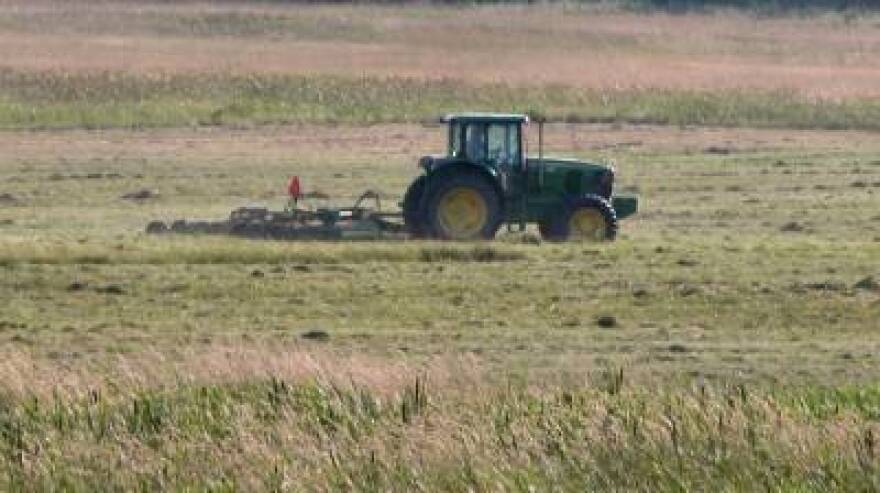A recently released study by a University of Vermont researcher has found that the cost of health care and insurance is a risk to farm viability.
The U.S. Department of Agriculture-funded study assessed how access to affordable health insurance impacts farmers. Two out of three farmers and ranchers that participated in the study reported pre-existing health conditions. The average age of farmers is 58 and therefore many have higher premiums. 45 percent expressed concerns that they would have to sell their land or other farm assets to cover health costs.
University of Vermont rural sociologist and primary author Shoshana Inwood worked with the Walsh Center for Rural Health Analysis at the University of Chicago. She says it is the first study to try to understand farmers’ health insurance decisions and their impact on business. “92 percent of our sample had health insurance. But those over 65 are enrolled in Medicare or some other public health option. Among those younger farmers 18 to 64, 72 percent actually had an off farm job primarily for that additional income and health insurance. Either the operator or a spouse is working off the farm for benefits. That’s a very common story that we hear anecdotally. And what we were able to see with this research is actually that is in fact occurring.”
Farms and ranchers of all sizes participated in the survey.
Footprint Farm in Starksboro, VT is certified organic. It has one full- and one part-time employee. Co-owner Taylor Hutchison, who is also part of the Vermont Young Farmers’ Coalition, says health insurance is one of her key concerns. “There's this awesome wave of young people who want to get involved in farming right now. But the nature of farming as a business is that we just don’t make that much money and so it's hard to pay people enough. And when we were chatting with them about health insurance a couple days ago they said flat out that if they lost their health care subsidies they'd have to find different jobs because we can't pay them enough. One of them said that if he had to pay his full health insurance premium it would be a third of what we pay him. So maintaining staff is a big deal because with our farming income I don't know if we’d really ever be able to offer health insurance to employees.”
Champlain Orchards owner Bill Suhr says he’s at a point where he’d like to offer health benefits to his entire staff, but it isn’t possible. “We've progressed where we now are hiring professional year-round folks that are not physical laborers out in the orchard or physically making the sweet cider and packing. These are people like H.R. manager, marketing manager, head of horticulture. All of these folks are capable of working in the real, I call it the real world, outside of this rural Vermont farm. They are expecting part of their salary to include 401-K and health benefits. How do we compete when we don't have the corporate scale to offer that health benefit as a standard?”
1,062 farmers in 10 states were surveyed in March.



